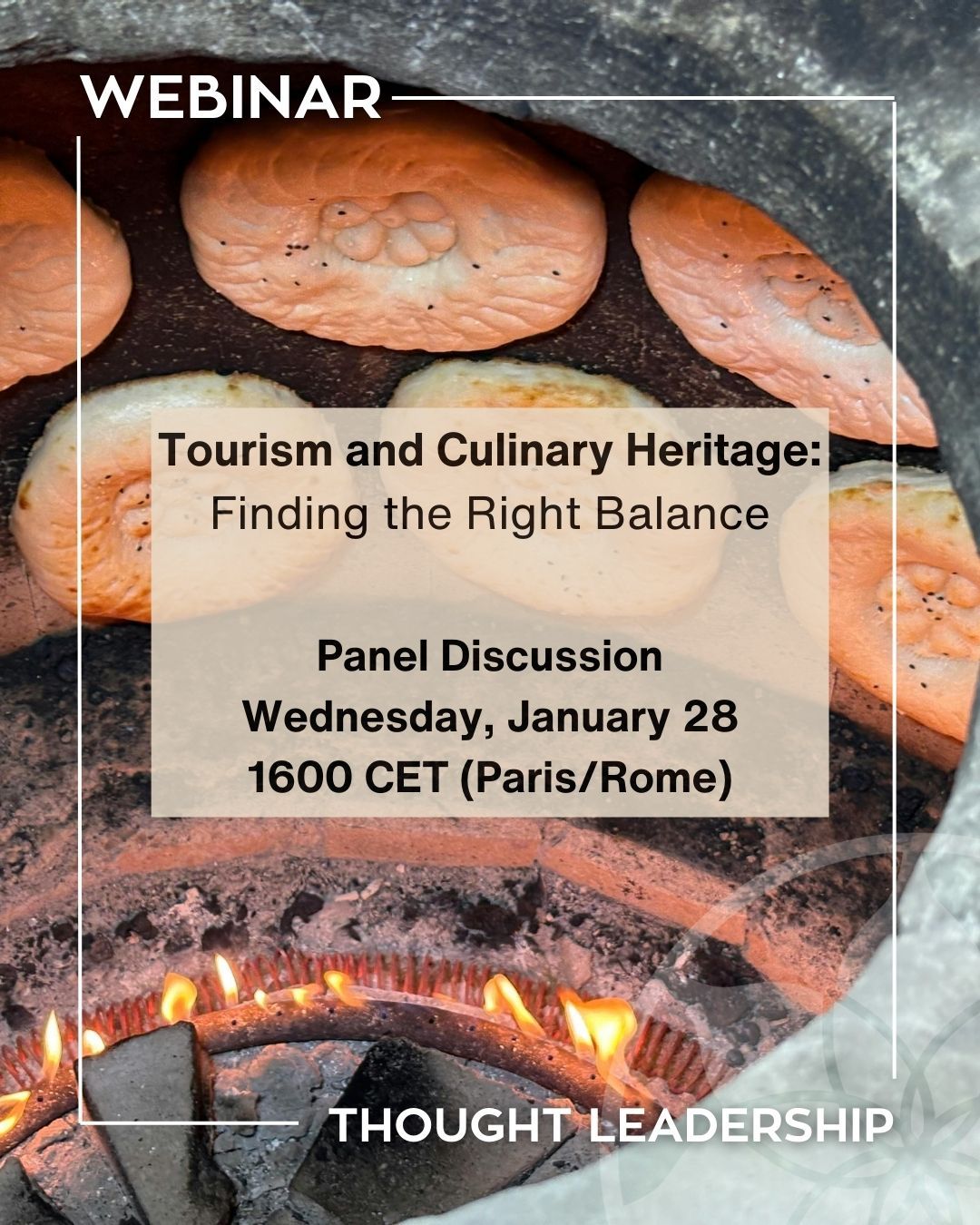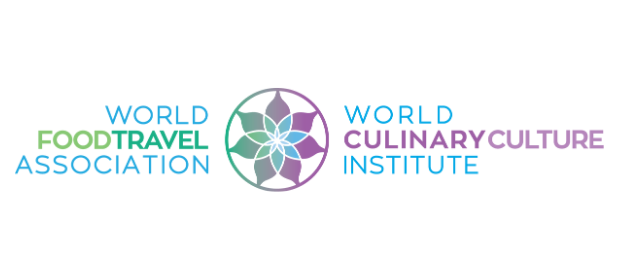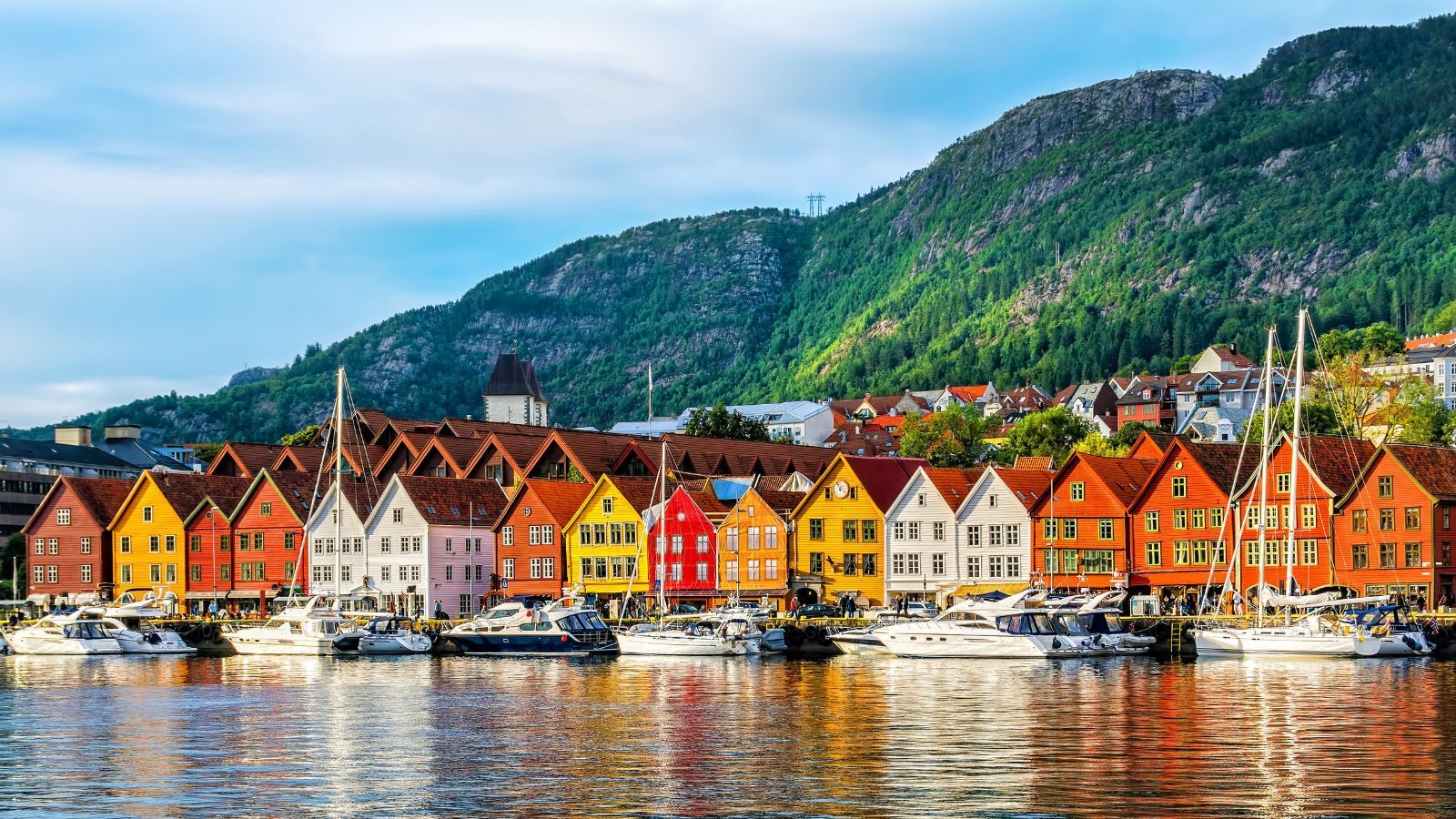Tales from the Road [3Q 2025]
Quarterly Updates from Ambassadors of the Association
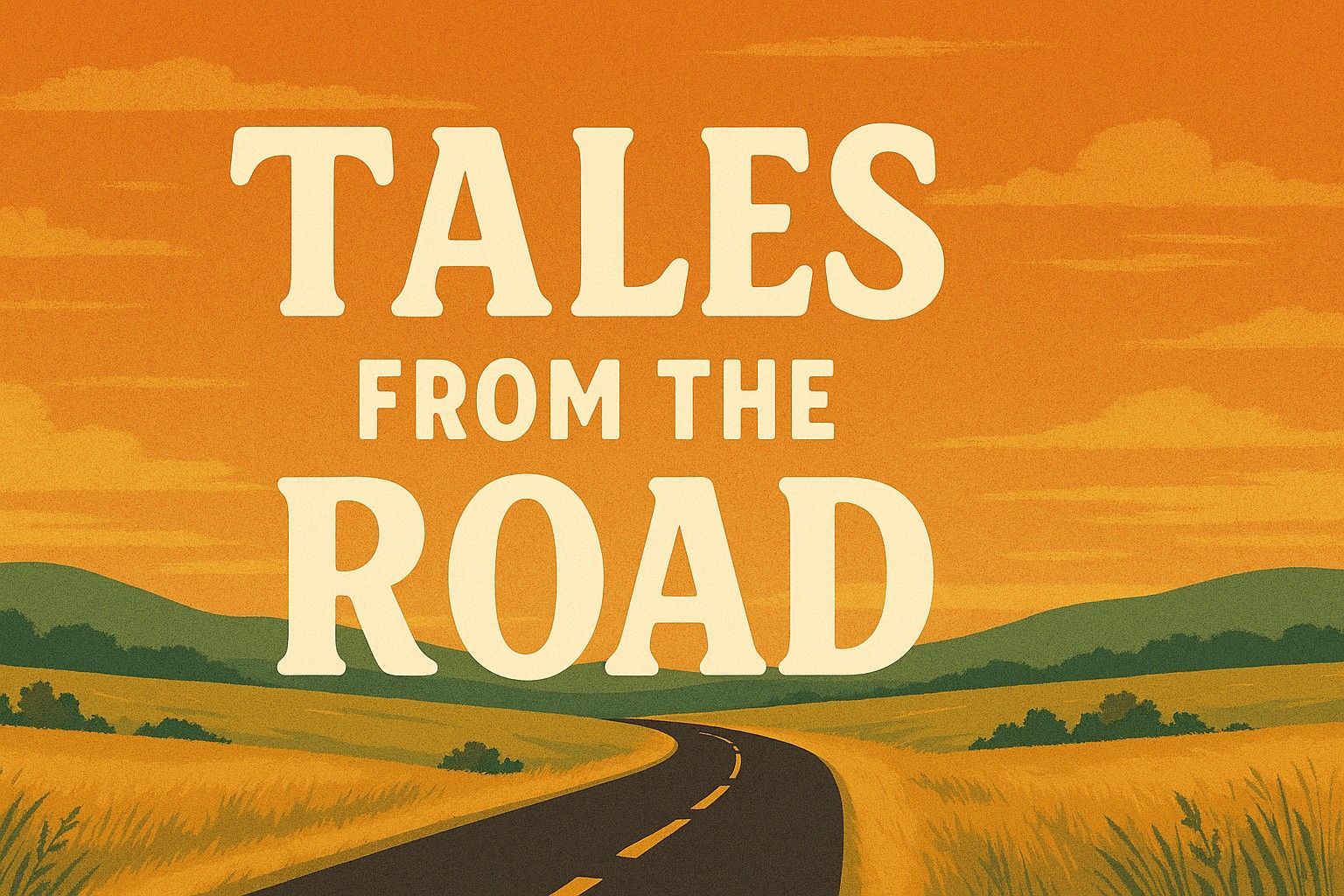
As Culinary Ambassador of Aruba, I am proud to share a bold initiative shaping our island’s future in sustainable gastronomy. Inspired by the world’s first floating dairy farm in Rotterdam, which combines circular agriculture, renewable energy, and urban farming, Aruba is exploring how this concept can be adapted to our own coastal environment. In 2025, we began stakeholder sessions with the Aruba Ports Authority and Santa Rosa, our national agricultural agency, to study the feasibility of a floating farm here. More than just a food production site, it would serve as a culinary attraction offering tours, tastings, and educational programs that connect visitors directly with the story of their food. For an island with limited arable land and climate pressures, this project represents a strategic step toward food sovereignty, resilience, and innovation. By investing in forward-looking ideas like this, Aruba is reinforcing its role as a premier culinary destination in the Caribbean, where sustainability, culture, and gastronomy meet in uniquely Aruban ways.
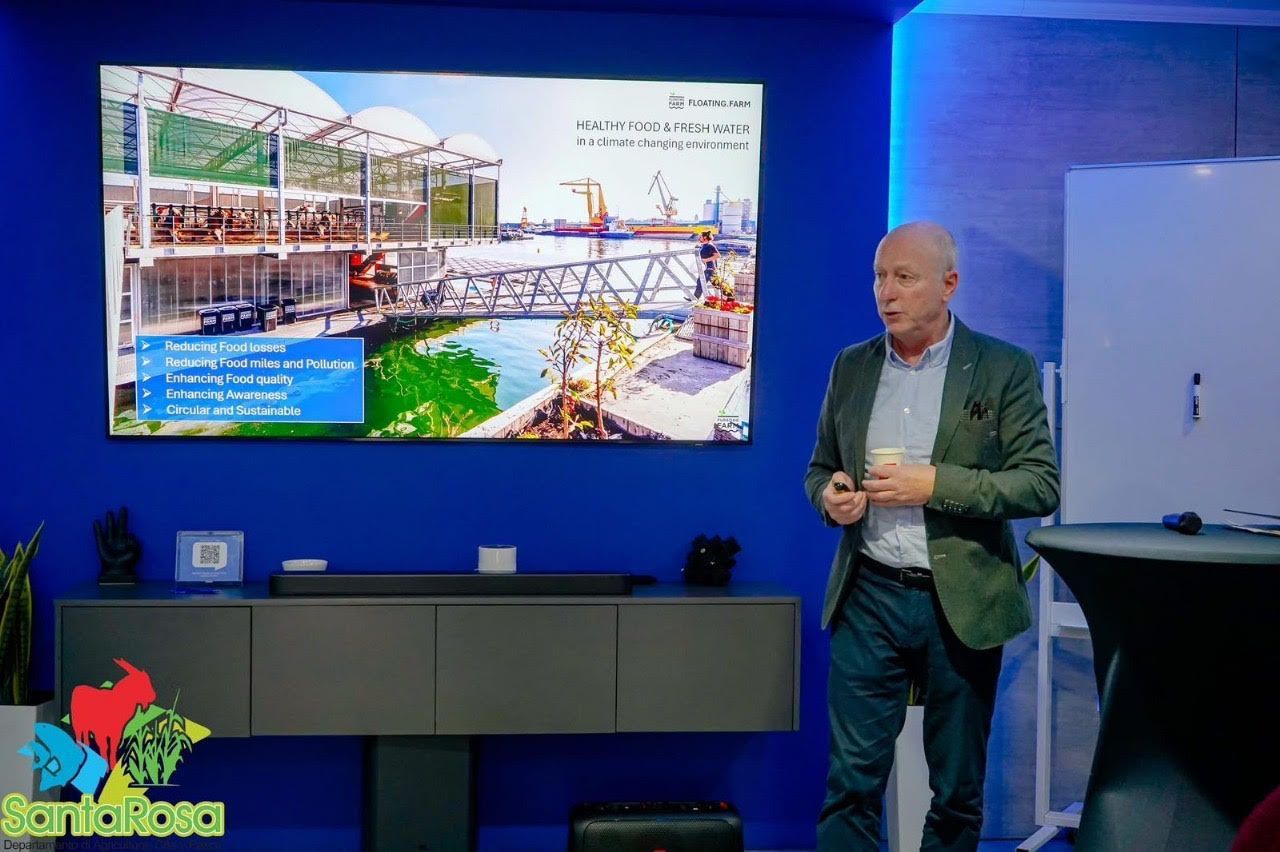
SOUTH AFRICA (Gerrie DuRand)
South Africa’s gastronomy and wine tourism scene is thriving, with a strong winter calendar that continues to attract travelers through food-led experiences. The Knysna Oyster Festival anchors the Garden Route with ten days of oysters, tastings, and family-friendly events, while in the Cape Winelands, the Robertson Wine Valley showcases the “slow” countryside format through farm-to-fork cuisine, cellar visits, and immersive encounters with winemakers and farmers. Iconic meat culture is also on the rise, as township shisanyama experiences—literally “burn meat” in Zulu—move from everyday braai culture into curated festivals that blend grilled specialties, music, and community spirit. Beyond festivals, wine tourism remains a major growth driver, contributing roughly R9.3 billion (about USD 505 million) to the economy in 2022 and accounting for more than 17 percent of winery turnover, with smaller and micro cellars benefitting most. While the sector faces headwinds from new export tariffs in markets like the United States, wineries are increasingly emphasizing domestic visitation, cellar-door sales, and direct-to-consumer strategies to offset pressures. Taken together, South Africa’s combination of year-round festivals, authentic shisanyama culture, and high-value wine experiences makes the country a standout, if not also underexplored, destination for food-and wine-loving travelers.
UNITED STATES (Elizabeth DeLuca)
In the United States, a standout story in gastronomy today comes from Emma’s Torch, a nonprofit in Washington, DC, and Brooklyn (New York) that equips refugees with culinary and life skills to build new careers and communities. Founded by Kerry Brodie in 2016, the program runs for 11 weeks and blends kitchen training—knife skills, recipe execution, food safety—with broader support such as resume writing, interviewing, conflict resolution, and language skills. Students also gain hands-on experience in Emma’s Torch cafés and t hrough short apprenticeships at José Andrés Group restaurants. With a new flagship facility opening in Silver Spring (Maryland) in 2026, the program is set to expand its reach, offering more opportunities for new Americans to enter the hospitality industry while giving local communities access to fresh talent and new perspectives. More than a training initiative, Emma’s Torch symbolizes the idea of “longer tables,” using food to foster inclusion, agency, and empowerment through the shared act of cooking and dining together.



